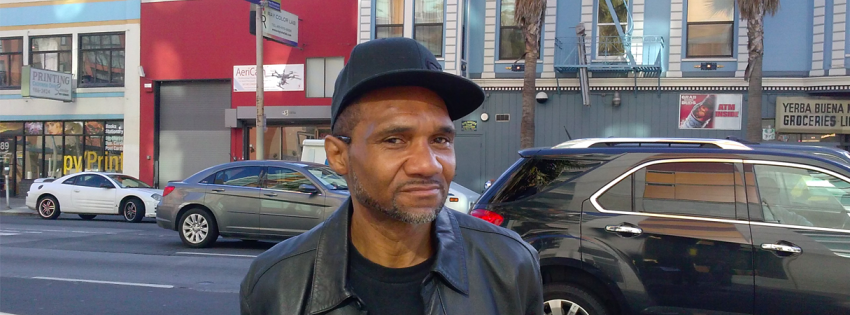Case Developments
Dismissal order filed - case closed.

All adult Californians have a constitutional right to vote except while they are “imprisoned or on parole for conviction of a felony” or are mentally incompetent. But the California Secretary of State has expanded this exclusion to include people who are neither imprisoned nor on parole but are on new forms of community supervision created by California’s 2011 Criminal Justice Realignment Act. As a result, more than 72,000 Californians have been wrongfully disenfranchised over the last three years. According to the Chief Probation Officers of California, as of September 2013, there were approximately 42,000 people on PRCS and mandatory supervision.
The Legislature created these new categories of criminal-justice supervision—“mandatory supervision” and “post-release community supervision” (“PRCS”)—as innovative community-based alternatives to parole for persons recently incarcerated for low-level, non-serious felonies; people on these forms of supervision are not on parole, which is now reserved for people convicted of more serious crimes. Because people on PRCS and mandatory supervision are not on parole, they have a constitutional right to vote.
The ACLU Foundation of Northern California, along with the ACLU Foundation of San Diego and Imperial Counties, the Lawyers’ Committee for Civil Rights of the San Francisco Bay Area (LCCR), and Legal Services for Prisoners with Children, filed a lawsuit to ensure that these Californians can exercise their right to vote. Plaintiffs in the lawsuit include three people who are being denied their right to vote, as well as two organizations, All of Us Or None, and the League of Women Voters of California.
On May 7, 2014, Alameda County Superior Court Judge Evelio Grillo agreed with our position and ruled that Californians on Mandatory Supervision and PRCS have “the same right to register to vote and to vote as all other” Californians. The Court issued a broad writ of mandate that will require the state to allow people on mandatory supervision and PRCS to vote and to update its voter-education and registration materials to reflect this. However, the government has decided to appeal the Court’s ruling, and the writ will not go into effect until that appeal is decided.
On Aug. 4, 2015, CA Secretary of State Alex Padilla filed a motion to withdraw the appeal, stopping the fight to disenfranchise thousands of Californians and letting the lower court ruling on the matter stand. Learn more.
On Aug. 6, 2015, the Court of Appeal dismissed the appeal. Now people who are on community supervision, living and working in their communities, will be able to vote – all they will have to do is simply register to vote.
Learn more
On Probation? Off Parole? You Have the Right to Vote.
SF Chronicle: Nearly 60,000 denied right to vote, groups' suit claims (Feb. 4, 2014)
ACLU Charges State with Illegally Denying the Right to Vote to Tens of Thousands of Voters (Feb. 4, 2014)
Judge Says State Unconstitutionally Stripped Tens of Thousands of Californians of Their Right to Vote (May 7, 2014)
Voting Rights Restored for Thousands of Californians (Aug. 4, 2015)
Dismissal order filed - case closed.